An American Delta Air Lines flight turned back to Seattle in midair due to the new COVID-19 rule that China’s Shanghai airport launched, the airline stated on Dec. 27.
The majority of the passengers of the Delta flight were Chinese citizens, some of whom didn’t have a valid visa to reenter the United States.
Shanghai’s newly launched rule also caused other foreign airlines to change their flight schedules.
On Dec. 26, two Taiwanese airlines Eva Air and China Airlines both cut down on flights heading to Shanghai Pudong International Airport. They complained that China’s “new disinfection procedures” will hold their airplanes in Shanghai for a long time.
Lin Shu-hung, Eva Air’s chief representative of East China, told Taiwan’s semi-official Central News Agency that the Shanghai airport ruled on Dec. 24 that airplanes from overseas must be disinfected once it has passengers. All seats on the airplane must be disinfected no matter if they were sat in or not.
“It needs about one minute to disinfect one seat. For a small plane that has over 100 seats, the disinfection procedure will be two to three hours. For a bigger plane, which has over 300 seats, the disinfection needs four to five hours to finish,” Lin said. “Disinfection can only be done by professionals. Because of limited human power [in the Shanghai airport], the plane can’t be disinfected immediately after all passengers take off.”
To avoid disinfection, Eva Air announced on Sunday that all flights to China would be empty until Feb. 3, 2022, when the new policy will be ended. In the next weeks, the flights will only ship passengers out of China.
The Delta staff, who asked to remain anonymous, explained that the Chinese regime asked all flight crew from overseas to be quarantined at a local hotel for two weeks if the airplane stays in China for over three hours. Now, the foreign airplanes have to stay in China for a long time due to the new disinfection procedures, so then “the flight crew are required to be quarantined in China’s hotel, together with passengers after they arrive.”
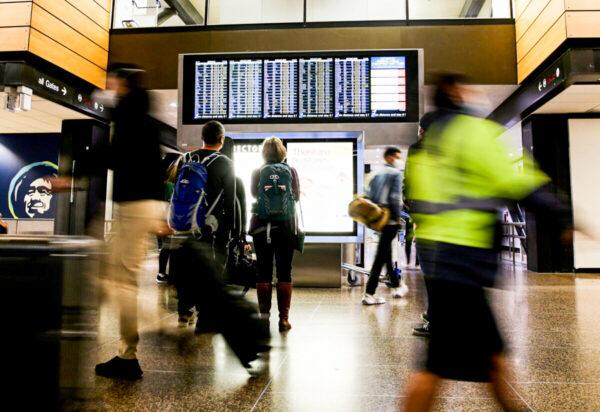
Delta DL287 flew toward Shanghai via Incheon International Airport in South Korea, from Seattle. However, the flight didn’t arrive in Shanghai on Dec. 22 but turned back after flying for about six hours.
The flight was planned to take off on the evening of Dec. 21. However, a passenger fell ill after boarding and had to exit the plane. Then the plane needed to fill its gas and have some parts checked, and the weather became too bad to fly.
The plane was delayed for one day and finally took off on the evening of Dec. 22 under flight number DL9891. However, the plane didn’t get the chance to arrive at Incheon nor Shanghai, but turned back when it was in the air space of Russia.
After the flight arrived in Seattle, the Chinese consulate in San Francisco sent people to the airport, led the Chinese passengers to protest against Delta Air Lines, and organized the media to report the situation of these Chinese passengers. The protest caused chaos, and local police arrived to dispel the passengers.
“The consulate blamed Delta Air Lines, but didn’t mention the Chinese regime’s new policy is the real reason which caused the flight to be unable to fly to China,” the Delta staff said. “Because of the policy, Delta couldn’t arrange other flights to ship the passengers to China.”
Starting Dec. 24, Delta has refunded passengers. However, the Chinese consulate posted on its official website in Chinese-language on Dec. 25 encouraging Chinese to avoid choosing Delta.
The Chinese consulate in San Francesco did not reply to The Epoch Times’ request for comment.
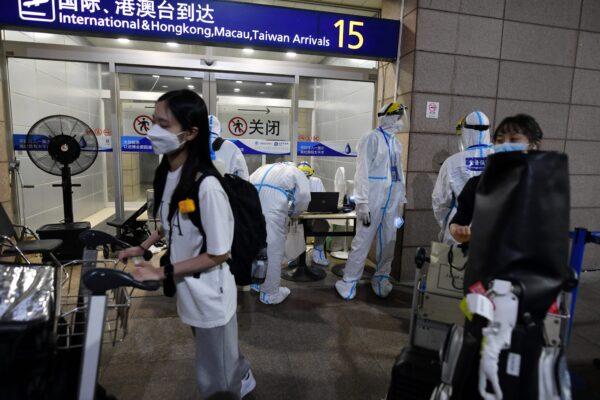
Since the pandemic began, foreign airlines have had difficulty operating flights to China because of the Chinese regime’s COVID-19 rules.
On flight booking websites, there are few options to buy a flight from a foreign country to China. For example, there’re 14 flights flying to Shanghai on Dec. 28, but none of them had available tickets on Dec. 27. To buy a flight ticket from New York to Shanghai on Dec. 28, only the one operated by Japan Airlines via Narita International Airport in Tokyo, Japan, and another city had tickets on Dec. 27. The lowest price for economy class was $9,545.
Before the pandemic, a direct flight economy class ticket from New York City to Shanghai was around $700 with promotion.
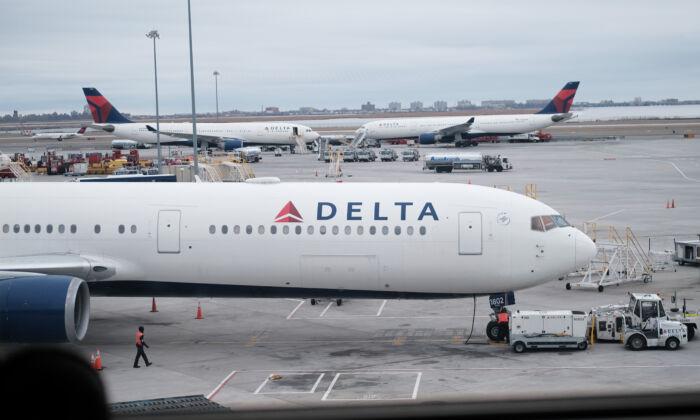

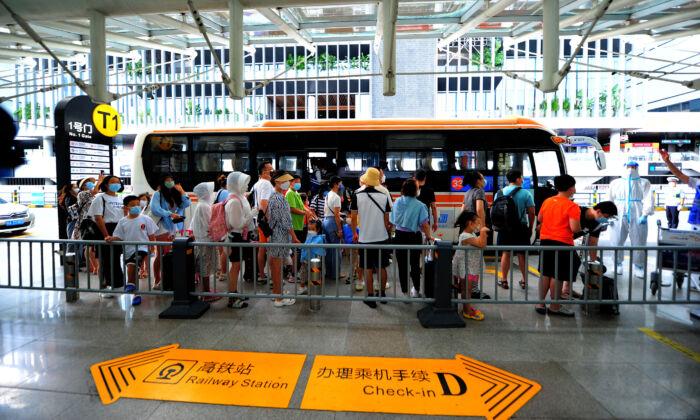
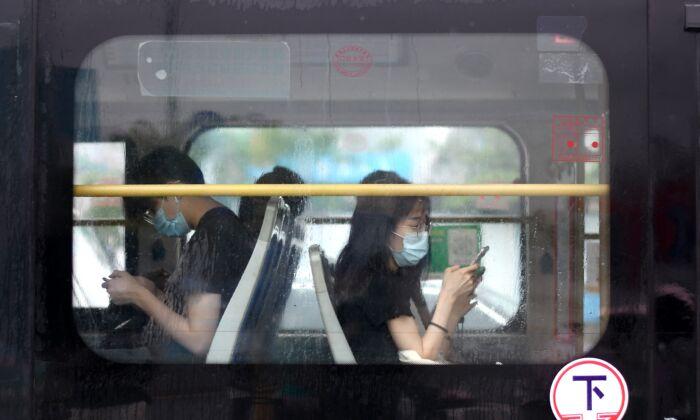
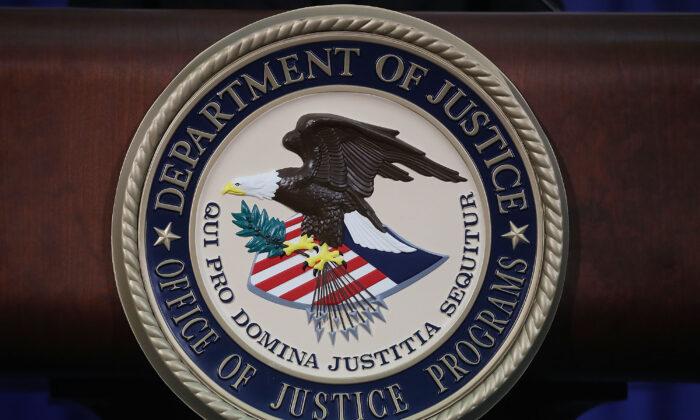

Friends Read Free